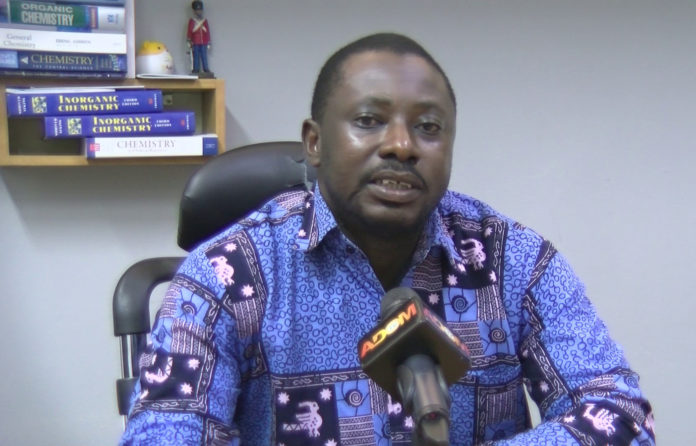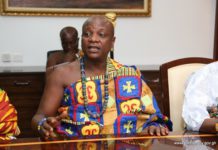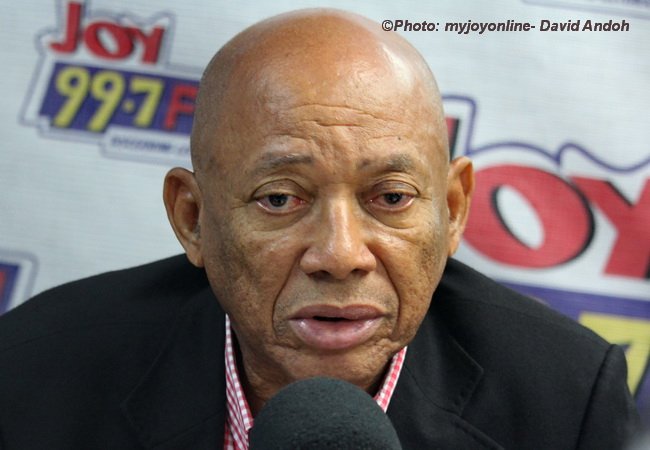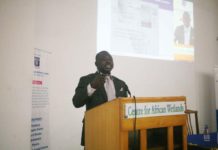
The University Teachers Association of Ghana (UTAG) has made a clarion call for a thorough review of Ghana’s 1992 Constitution, attributing the country’s democratic challenges to what they consider as an outdated and problematic document.
UTAG argues that the current Constitution, which gives significant powers to the President, has led to difficulties in upholding the rule of law and a growing concern about authoritarianism.
In an interview with Adom News, UTAG-UG Secretary Dr. Jerry Joe Harrison articulated the Association’s concerns, emphasising that the time has come for a comprehensive examination and revamp of the Constitution.
Dr. Harrison contends that the 1992 Constitution, though once a symbol of hope for democracy in Ghana, has now outlived its usefulness hence the need for substantial reform.
One of the central issues UTAG raised pertains to the concentration of power in the executive branch of government.
The Constitution, as it is currently, grants extensive authority to the executive President, which some believe has hindered the separation of powers and made it challenging to maintain the rule of law effectively.
This concentration of power, UTAG argues, has also raised concerns about a shift towards authoritarian governance.
Ghana, known for its vibrant democracy, has experienced series of challenges in recent years, including controversies and political tensions.
UTAG firmly believes the 1992 Constitution plays a significant role in these issues and that its revision is imperative to ensure a more balanced distribution of power to strengthen democratic institutions.
UTAG’s call for a Constitution review echoes the sentiments of many Ghanaians who believe the nation’s fundamental law should evolve to reflect the changing needs of society and safeguard democratic principles.
As the voice of the country’s academic community, UTAG’s plea is expected to resonate among various stakeholders and prompt a renewed national discourse on Constitutional reform.
With Ghana’s democracy at a pivotal juncture, UTAG’s stance underscores the urgency of addressing the constitutional issues and challenges that have hindered the nation’s progress.
As the conversation around this critical matter gains momentum, Ghana’s future may well see a reformed and revitalized Constitution that upholds the principles of democracy and the rule of law.
ALSO READ:







